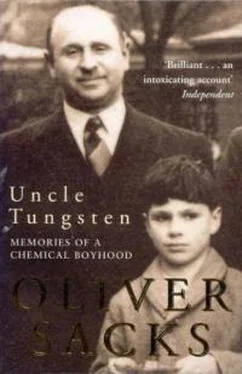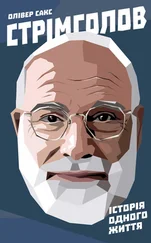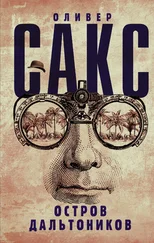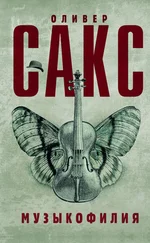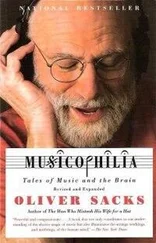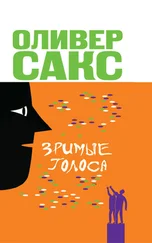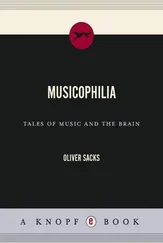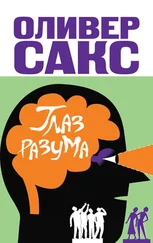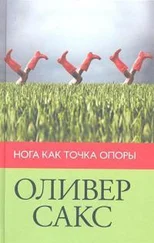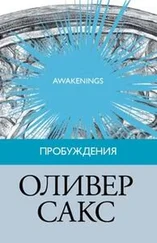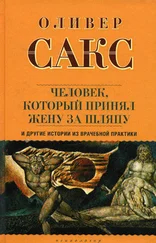For me, the refuge at first was in numbers. My father was a whiz at mental arithmetic, and I, too, even at the age of six, was quick with figures – and, more, in love with them. I liked numbers because they were solid, invariant; they stood unmoved in a chaotic world. There was in numbers and their relation something absolute, certain, not to be questioned, beyond doubt. (Years later, when I read 1984 , the climactic horror for me, the ultimate sign of Winston’s disintegration and surrender, was his being forced, under torture, to deny that two and two is four. Even more terrible was the fact that eventually he began to doubt this in his own mind, that finally numbers failed him, too.)
I particularly loved prime numbers, the fact that they were indivisible, could not be broken down, were inalienably themselves. (I had no such confidence in myself, for I felt I was being divided, alienated, broken down, more every week.) Primes were the building blocks of all other numbers, and there must be, I felt, some meaning to them. Why did primes come when they did? Was there any pattern, any logic to their distribution? Was there any limit to them, or did they go on forever? I spent innumerable hours factoring, searching for primes, memorizing them. They afforded me many hours of absorbed, solitary play, in which I needed no one else.
I made a grid, ten by ten, of the first hundred numbers, with the primes blacked in, but I could see no pattern, no logic to their distribution. I made larger tables, increased my grids to twenty squared, thirty squared, but still could discern no obvious pattern. And yet I was convinced that there must be one.
* * *
The only real holidays I had during the war were visits to Auntie Len in Cheshire, in the midst of Delamere Forest, where she had founded the Jewish Fresh Air School for ‘delicate children’ (these were children from working-class families in Manchester – many had asthma, some had had rickets or tuberculosis, and one or two, I suspect, looking back, were autistic). All the children here had little gardens of their own, squares of earth a couple of yards wide, bordered by stones. I wished desperately that I could go to Delamere rather than Braefield – but this was a wish I never expressed (though I wondered if my clear-sighted and loving aunt did not divine it).
Auntie Len always delighted me by showing me all sorts of botanical and mathematical pleasures. She showed me the spiral patterns on the faces of sunflowers in the garden, and suggested I count the florets in these. As I did so, she pointed out that they were arranged according to a series – 1, 1, 2, 3, 5, 8, 13, 21, etc. – each number being the sum of the two that preceded it. And if one divided each number by the number that followed it (1/2, 2⁄3, 3⁄5, 5⁄8, etc.), one approached the number 0.618. This series, she said, was called a Fibonacci series, after an Italian mathematician who had lived centuries before. The ratio of 0.618, she added, was known as the divine proportion or the golden section, an ideal geometrical proportion often used by architects and artists.
She would take me for long, botanizing walks in the forest, where she had me look at fallen pinecones, to see that they, too, had spirals based on the golden section. She showed me horsetails growing near a stream, had me feel their stiff, jointed stems, and suggested that I measure these and plot the lengths of the successive segments as a graph. When I did so and saw that the curve flattened out, she explained that the increments were ‘exponential’ and that this was the way growth usually occurred. These ratios, these geometric proportions, she told me, were to be found all over nature – numbers were the way the world was put together.
The association of plants, of gardens, with numbers assumed a curiously intense, symbolic form for me. I started to think in terms of a kingdom or realm of numbers, with its own geography, languages, and laws; but, even more, of a garden of numbers, a magical, secret, wonderful garden. It was a garden hidden from, inaccessible to, the bullies and the headmaster; and a garden, too, where I somehow felt welcomed and befriended. Among my friends in this garden were not only primes and Fibonacci sunflowers, but perfect numbers (such as 6 or 28, the sum of their factors, excluding themselves); Pythagorean numbers, whose square was the sum of two other squares (such as 3, 4, 5 or 5, 12, 13); and ‘amicable numbers’ (such as 220 and 284), pairs of numbers in which the factors of each added up to the other. And my aunt had shown me that my garden of numbers was doubly magical – not just delightful and friendly, always there, but part of the plan on which the whole universe was built. Numbers, my aunt said, are the way God thinks.
* * *
Of all the objects at home, the one I missed most was my mother’s clock, a beautiful old grandfather clock with a golden face showing not only the time and date, but phases of the moon and conjunctions of the planets. When I was very young, I had thought of this clock as a sort of astronomical instrument, transmitting information straight from the cosmos. Once a week my mother would open the cabinet and wind the clock, and I would watch the heavy counterweight ascending and touch (if she let me) the long metal chimes for the hours and the quarters.
I missed its chimes painfully in my four years at Braefield and sometimes dreamed of them at night and imagined myself at home, only to wake and find myself in a narrow, lumpy bed, wet, as often as not, with my own incontinence. Many of us regressed at Braefield, and we were beaten savagely when we wet or soiled our beds.
In the spring of 1943, Braefield was closed. Almost everyone had complained to their parents about the conditions at the school, and most of them had been taken away. I never complained (nor did Michael, but he had moved to Clifton College, as a thirteen-year-old, in 1941), and finally I found myself almost the only one left. I never knew what happened exactly – the headmaster disappeared, with his odious wife and child – I was simply told, at the end of the holidays, that I would not be returning to Braefield, but going to a new school instead.
* * *
St. Lawrence College (so it seemed to me) had large and venerable grounds, ancient buildings, ancient trees – it was all very fine, doubtless, but it terrified me. Braefield, for all its horrors, was at least familiar – I knew the school, I knew the village, I had a friend or two – whereas everything at St. Lawrence was strange to me, unknown.
I have curiously little memory of the term I spent there – it seems to have been so deeply repressed or forgotten that when I mentioned it recently to someone who knew me well, and who knew much about the Braefield period, she was astonished, and said I had never spoken of St. Lawrence before. My chief memories, indeed, are of the sudden lies, or jokes, or fantasies, or delusions – I scarcely know what to call them – that I generated there.
I felt particularly alone on Sunday mornings, when all the other boys went to chapel, leaving me, a little Jewish boy, alone in the school (this had not happened at Braefield, where most of the children were Jewish). One Sunday morning there was a great storm, with violent lightning and tremendous peals of thunder – one so terrifyingly loud and close that I thought for a moment the school had been struck. When the others returned from chapel, I steadfastly insisted that I had, in fact, been struck by lightning, and that the lightning had ‘entered’ me, and lodged in my brain.
Other fictions I maintained had relation to my childhood, or rather an alternative version or fantasy of childhood. I said that I had been born in Russia (Russia was our ally at the time, and I knew that my mother’s father had come from there), and I would tell long, fanciful, richly detailed stories of jolly toboggan rides, of being wrapped in furs, and of howling wolf packs pursuing our sleigh at night. I have no memory of how these stories were received, but I stuck to them.
Читать дальше
